Celebrating UU Women in History
By Lauren Walleser
March is Women’s History Month, a time to reflect on the incredible and often overlooked contributions women have made throughout history. Many Unitarian, Universalist, and Unitarian Universalist (UU) women have not only shaped and led the UU faith, but they’ve also left an undeniable impact on history in general. Here are ten of the countless influential women who changed the world for the better. Don’t see your favorite UU woman in history? Join the conversation by adding her name to the comments.
Thanks to Gail Forsyth-Vail, UUA Adult Programs Director, for contributing very helpful background on these women!
For more information about famous and historic UU women, check out this extensive list of biographies from the UU History and Heritage Society.
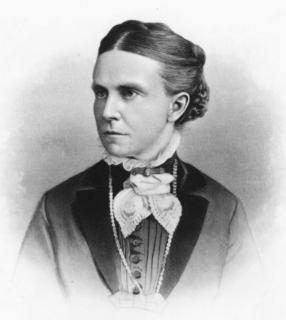
Olympia Brown (1835-1926)
Olympia Brown was one of the first women ministers whose ordination was recognized by any religious denomination.

Sophia Lyons Fahs (1876-1978)
Without Sophia Lyon Fahs, UU religious education would not be what it is today. Fahs revolutionized the way traditional religious education was taught, making complex theological concepts and history more accessible and exciting for a younger audience through storytelling, painting, and other forms of creativity and self-expression. Fahs wrote 40 books and served as editor of Children’s Materials for the American Unitarian Association. Living to the age of 102, Fahs never ceased in her quest for knowledge and innovation.

Margaret Fuller (1810-1850)
Unitarian Margaret Fuller was an author, editor, critic, teacher, feminist, and revolutionary who played a key role in the Transcendentalist movement. Many of her writings have been published by Skinner House Books and Beacon Press. She served as a war correspondent and wrote about poor conditions in prisons and mental hospitals for The New York Tribune. She is best known for writing the first American manifesto for women’s equality, “Woman of the Nineteenth Century,” published in 1845.
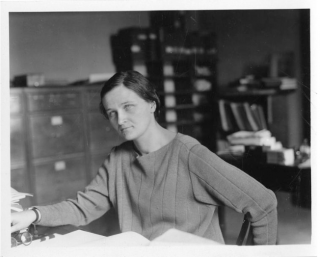
Cecilia Payne Gaposchkin (1900-1979)
Cecilia Payne Gaposchkin was the first woman to receive tenure and the first to chair a department in the faculty of arts and sciences at Harvard University. An astronomer, she discovered that hydrogen is millions of times more abundant than any other element in the universe. Along with many more scientific breakthroughs, she also taught Sunday school at First Parish in Lexington, MA. During a time when the sciences were even more dominated by men than they are today, her persistence and brilliance made incredible strides for women in the field.
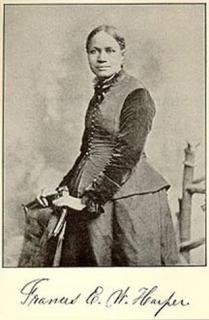
Frances Ellen Watkins Harper (1825-1911)
Frances Ellen Watkins Harper was a prolific writer, lecturer, and reformer. She wrote many books of poetry with strong anti-slavery themes, as well as a novel about African American life during Reconstruction republished by Beacon Press. A writer for the African Methodist Episcopal church and member of the Unitarian church, Watkins once refused to give up her seat on a Philadelphia streetcar. When the conductor refused to take her money at the end of her ride, she threw it on the floor and left. She was undoubtedly a courageous and powerful voice for justice.
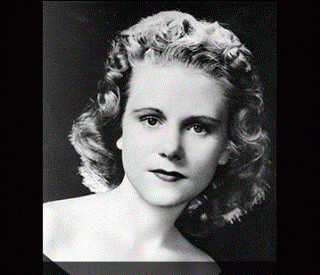
Viola Gregg Liuzzo (1925-1965)
Viola Gregg Liuzzo was a UU layperson and mother of five children from Detroit, MI. Passionate about racial justice issues, she traveled to Selma, AL to participate in the marches of 1965. While transporting marchers in her car, she was shot and killed by members of the Ku Klux Klan. Today, she is remembered as a martyr for the civil rights movement, and is honored along with Jimmie Lee Jackson and Rev. James Reeb on the Selma Memorial plaque at UUA headquarters.

Mary Livermore (1820-1905)
Mary Livermore was a temperance and suffrage leader, popular lecturer, editor, and writer. She wrote about her experiences working as a nurse during the Civil War and noted contributions by other women throughout the period. She was president of the Massachusetts Woman Suffrage Association and held many other prominent positions, as well as helping to establish the Home for Aged Women and the Hospital for Women and Children. With a 25 year history of public speaking and penchant for challenging authority, she certainly left her mark.

Margaret Moseley (1901-1997)
UU Margaret Moseley was denied entrance to every nursing program in Boston because of her race, so instead she became a civil rights activist. She founded a consumer cooperative and served on the board of the Civil Liberties Union of Massachusetts as well as founding member of Freedom House, a leader of the anti-McCarthyism movement in the 1950s. She also helped form NAACP chapters throughout Cape Cod. The second UU Community Cooperative house in Boston’s Jamaica Plain neighborhood will be named for Moseley.
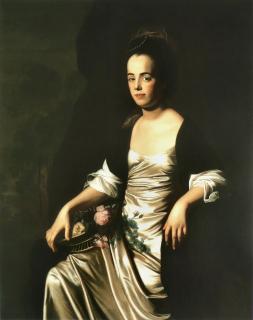
Judith Sargent Murray (1751-1820)
Judith Sargent Murray was the first woman born in the U.S. to have her plays performed professionally. She wrote numerous poems and essays on religion, politics, education, and the manners and customs of the day, illustrating her views through fictional stories. The wife of John Murray, one of the founders of American Universalism, she wrote one of the earliest published statements on women’s rights, “On the Equality of the Sexes.” It was first published in 1790, and again in a feminist publication in 1973, showing how her impact spanned generations.
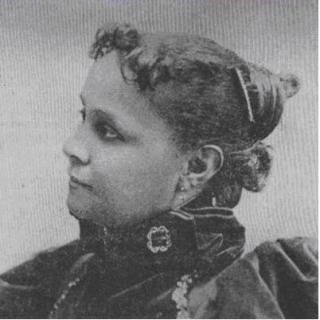
Fannie Barrier Williams (1855-1944)
After moving to the South to teach and experiencing more discrimination than she had faced growing up in the North, Fannie Barrier Williams became passionate about working for the rights of African American women. A Unitarian, she was one of the first leaders to identify housing segregation and limited employment opportunities as crucial issues for racial justice. Through her many speeches and co-founding of interracial organizations, she championed the rights of African Americans and worked to ensure their recognition and inclusion.
